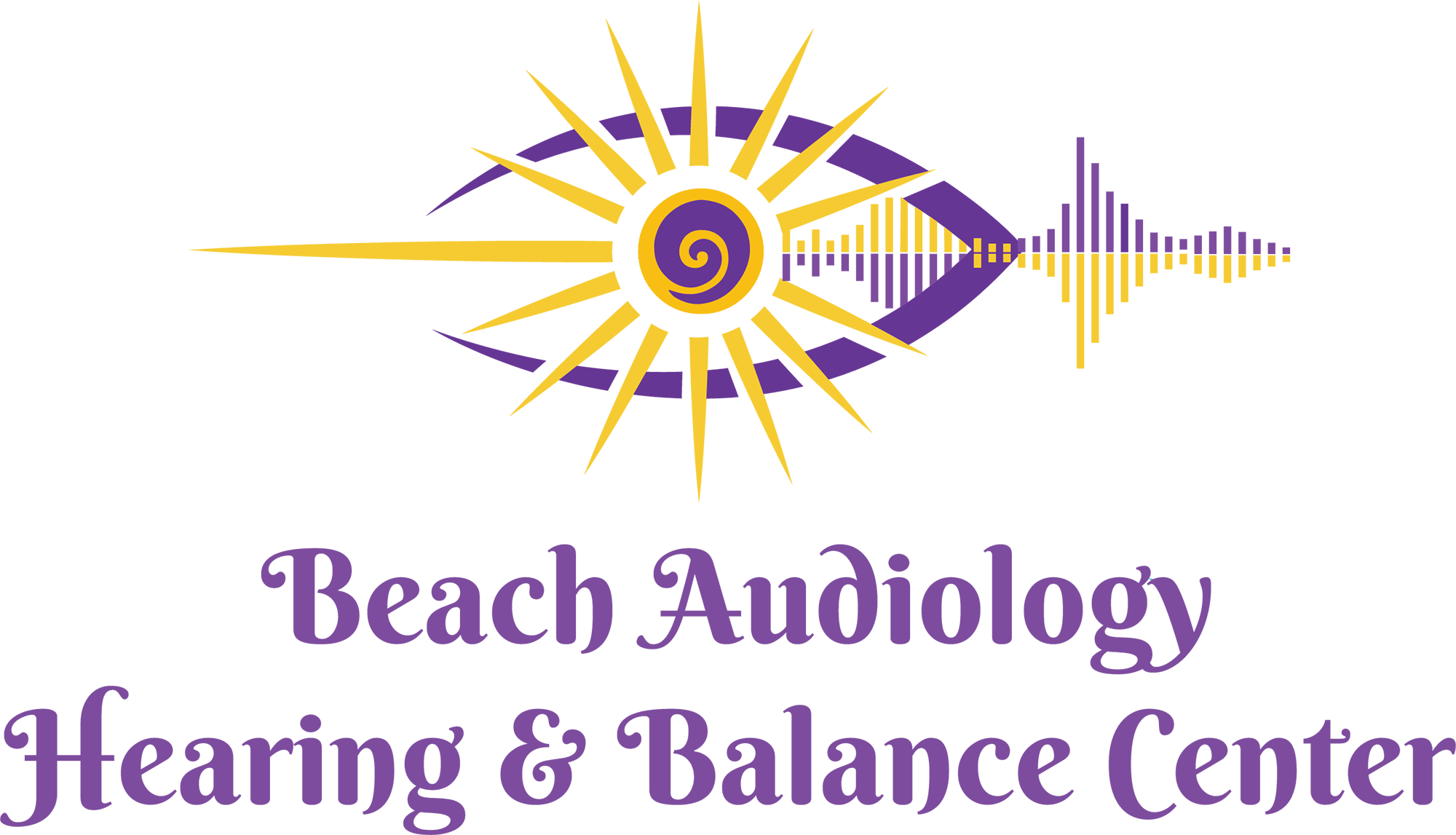Understanding Tinnitus and How We Can Help
What is Tinnitus?
Tinnitus is a common condition characterized by the perception of ringing, buzzing, hissing, or other phantom sounds in the ears when there is no external source of sound. It can be constant or intermittent, and its severity can vary from person to person. Tinnitus can significantly impact one's daily life, causing stress, anxiety, and sleep disturbances.
Schedule Appointment
Tinnitus Management Through Audiological Solutions
At Beach Audiology, we understand the challenges that tinnitus can present, and we're here to provide effective solutions tailored to your unique needs. Our team, led by Dr. Jason Wigand, AuD, specializes in tinnitus management and offers a range of evidence-based approaches to help you regain control of your life.
Our Approach to Tinnitus Management
Comprehensive Assessment
Before recommending any treatment options, we start by conducting a thorough assessment of your tinnitus. This includes a detailed case history, audiometric testing, and specialized tinnitus evaluations to understand the specific characteristics and causes of your tinnitus.
Personalized Treatment Plans
Once we have a clear understanding of your tinnitus, Dr. Wigand will work closely with you to develop a personalized treatment plan. This plan may include a combination of strategies to address the physical and emotional aspects of tinnitus.
Audiological Tools and Devices
One of the key components of tinnitus management is the use of specialized tools and devices prescribed by our audiologist. These may include:
- Tinnitus Maskers: These devices produce a low-level, soothing sound that helps to mask or "drown out" the perception of tinnitus sounds, making them less noticeable.
- Hearing Aids: If hearing loss is also a concern, hearing aids can improve your overall hearing and reduce the prominence of tinnitus sounds.
- Sound Therapy Apps: Dr. Wigand may recommend specific smartphone apps or white noise machines to provide relief from tinnitus symptoms, especially during quiet times or bedtime.
Counseling and Education
Our team understands that tinnitus can take a toll on your mental well-being. We offer counseling and education to help you better cope with the emotional aspects of tinnitus, teaching relaxation techniques and stress management strategies.
Your Path to Relief Starts Here
Don't let tinnitus control your life any longer. Take the first step toward relief by scheduling an appointment with us at Beach Audiology Hearing & Balance Center. Our compassionate and experienced team is here to provide the support and solutions you need to manage your tinnitus effectively.
Contact Beach Audiology Today
Contact us today to schedule your consultation and embark on your journey to a quieter, more peaceful life.
Your Hearing and Balance Health Matters!
Your inner ear health is critical to your overall well-being.
Don't wait any longer to address your needs and concerns. Rediscover a world of sound, self-confidence, and meaningful connections by scheduling your comprehensive evaluation with us today. We are here to support you on your journey to improved hearing, balance, and a better quality of life.
Call or text us to book your appointment, and let's start your path to better hearing and balance together. We look forward to serving you at Beach Audiology Hearing & Balance Center in Myrtle Beach, SC.
Schedule Appointment
